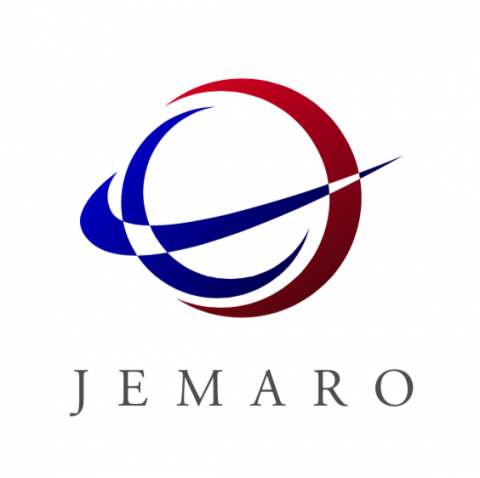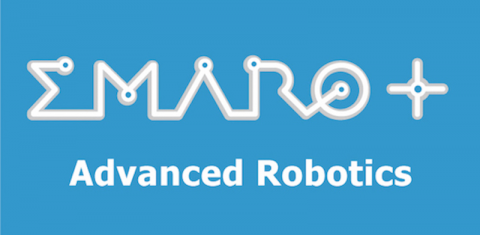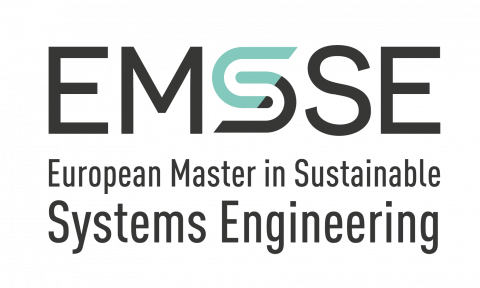DIBRIS – International and Multidisciplinary Educational Offer
For many years, DIBRIS has promoted a strongly international and multidisciplinary educational offer, allowing students to engage in study and research experiences in collaboration with leading European and global universities.
Our double-degree programs enable students to obtain two officially recognized Master’s degrees — one from the University of Genoa and one from the partner university — enriching their academic path with a unique and highly valuable intercultural experience.
Currently, DIBRIS participates in four joint programs:
- EMARO – European Master on Advanced Robotics
- JEMARO – Japan-Europe Master on Advanced Robotics
- EMECIS + – European Master in Engineering for Complex and Interacting Systems
- EMSSE – European Master in Sustainable Systems Engineering
These programs train engineers capable of working in global contexts, collaborating with international research centers and companies, and actively contributing to technological innovation in their fields.
EMARO – European Master on Advanced Robotics
EMARO is a prestigious international program recognized at the European level and active since 2008. It offers advanced, multidisciplinary education in robotics and intelligent systems, combining modeling, control, computer vision, artificial intelligence, and mechatronic design. The program includes mobility among partner universities in Europe and leads to a double Master’s degree.
Admission to EMARO takes place through enrollment in a local track — such as the one offered by the University of Genoa — which manages the admission process and the activation of the double degree.
JEMARO – Japan-Europe Master on Advanced Robotics
JEMARO was created as the international evolution of the well-established EMARO program, extending mobility beyond Europe to Japan’s major robotics hub.
It is a two-year program (120 ECTS / 30 Japanese credits) featuring a first year at one of the European consortium universities and a second year at Keio University in Japan.
The most recent cohort (Intake 5) is currently completing its second year at Keio; however, admissions are temporarily suspended pending a reorganization and the proposed launch of a new “JEMARO+” program.
Graduates of JEMARO obtain two officially recognized Master’s degrees — one European and one Japanese — granting full access to Ph.D. programs.
EMECIS+ – European Master in Engineering for Complex and Interacting Systems
EMECIS+ represents the evolution of the international double-degree program EMECIS, established about ten years ago through collaboration between the Université de Technologie de Compiègne (UTC, France) and the University of Genoa (Italy).
Over time, the network has expanded to include new leading European partners: the Polytechnic University of Tirana (Albania), the Universitat Politècnica de Catalunya (Spain), and the Université Savoie Mont Blanc (France).
This network of double-degree programs serves as the foundation for the creation of a more integrated and structured European pathway — the EMSSE – European Master in Sustainable Systems Engineering — which consolidates and broadens the collaborations developed within EMECIS+.
The EMECIS+ program remains active and continues to train engineers capable of analyzing, designing, and managing complex and interacting systems, such as intelligent infrastructures, communication networks, distributed decision-making platforms, and human–machine cooperative systems.
Through integrated mobility among partner universities, students gain a genuine European experience, developing advanced expertise in automation, computer science, and systems-of-systems engineering.
Upon completion of EMECIS+, graduates receive double Master’s degrees recognized by all participating universities, paving the way for international careers in industry, research, and the fields of technological innovation and sustainability.
EMSSE – European Master in Sustainable Systems Engineering
EMSSE is a two-year international program (120 ECTS) that trains specialists in sustainable systems engineering, capable of designing efficient, cost-effective, and environmentally sustainable solutions.
The initiative is carried out in collaboration among several European universities — including the University of Genoa, the Université de Technologie de Compiègne, the Universitat Politècnica de Catalunya, and the Polytechnic University of Tirana — and includes mobility among partner institutions.
Upon completion, students receive a multiple degree that includes the Master’s Degree in Computer Engineering with a specialization in Sustainable Systems from the University of Genoa, along with additional degrees awarded by the partner universities.




